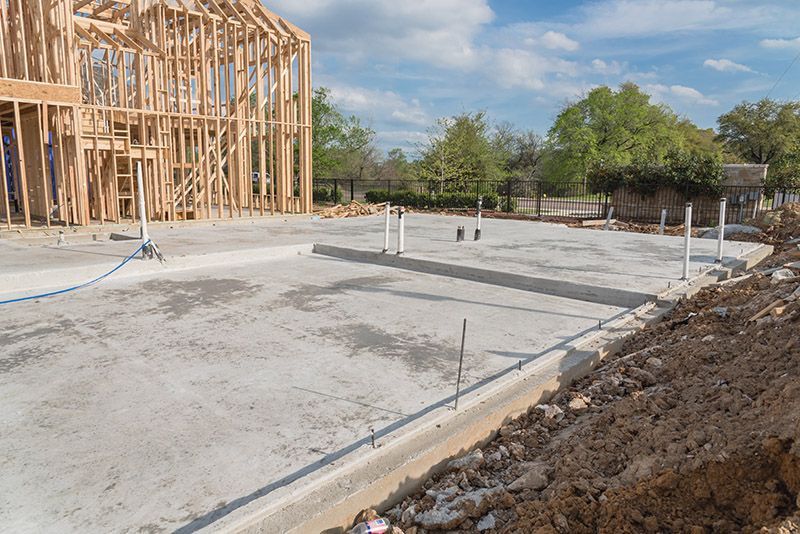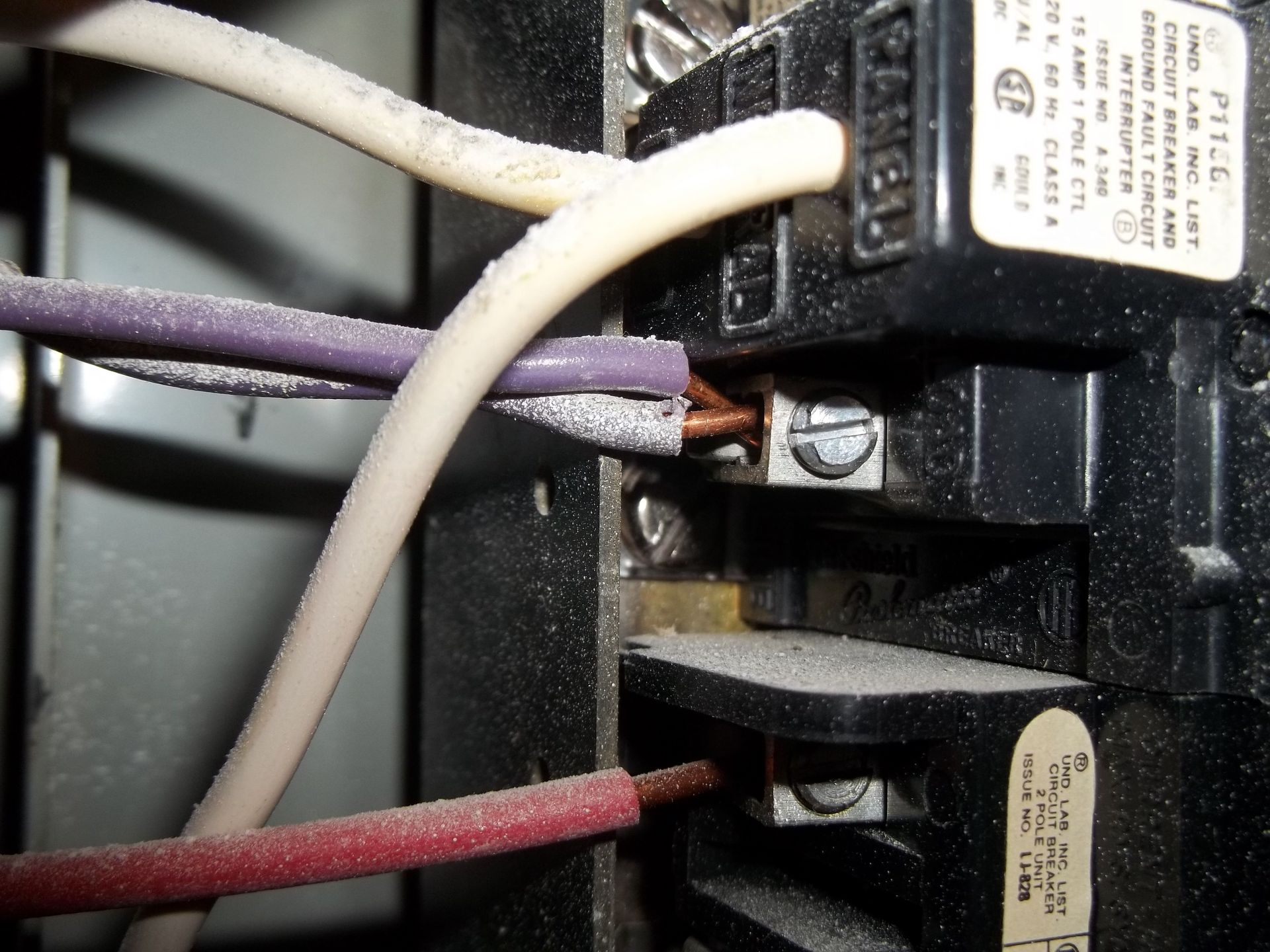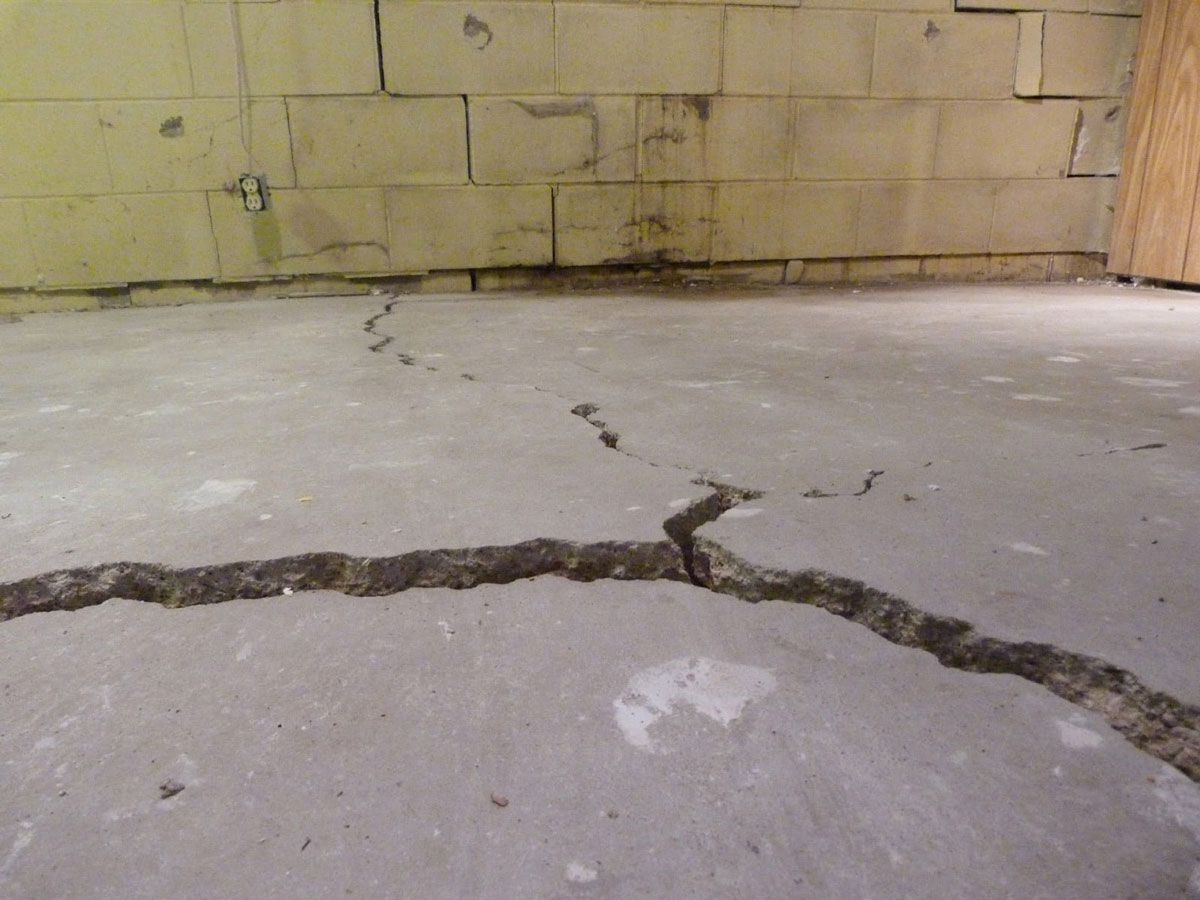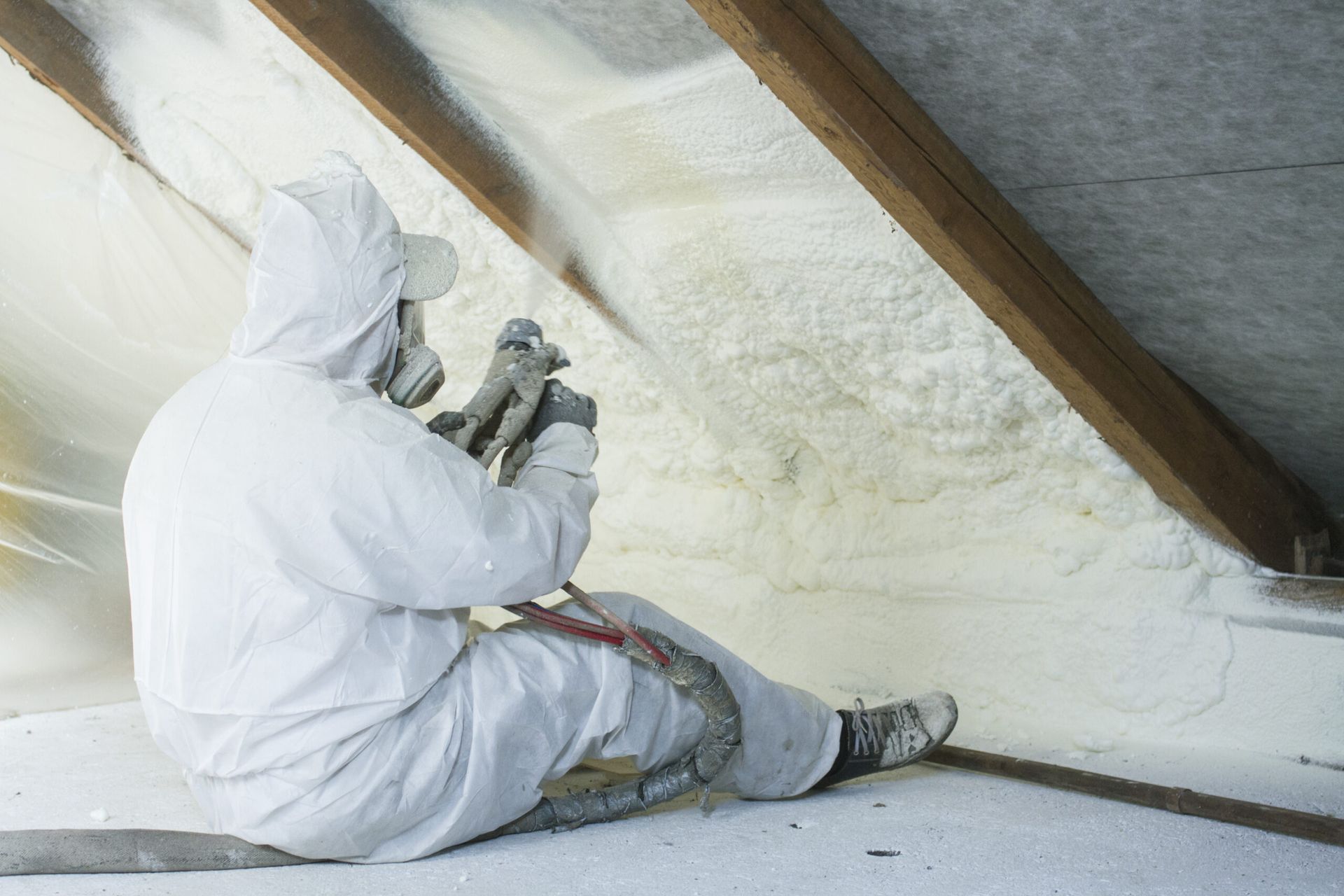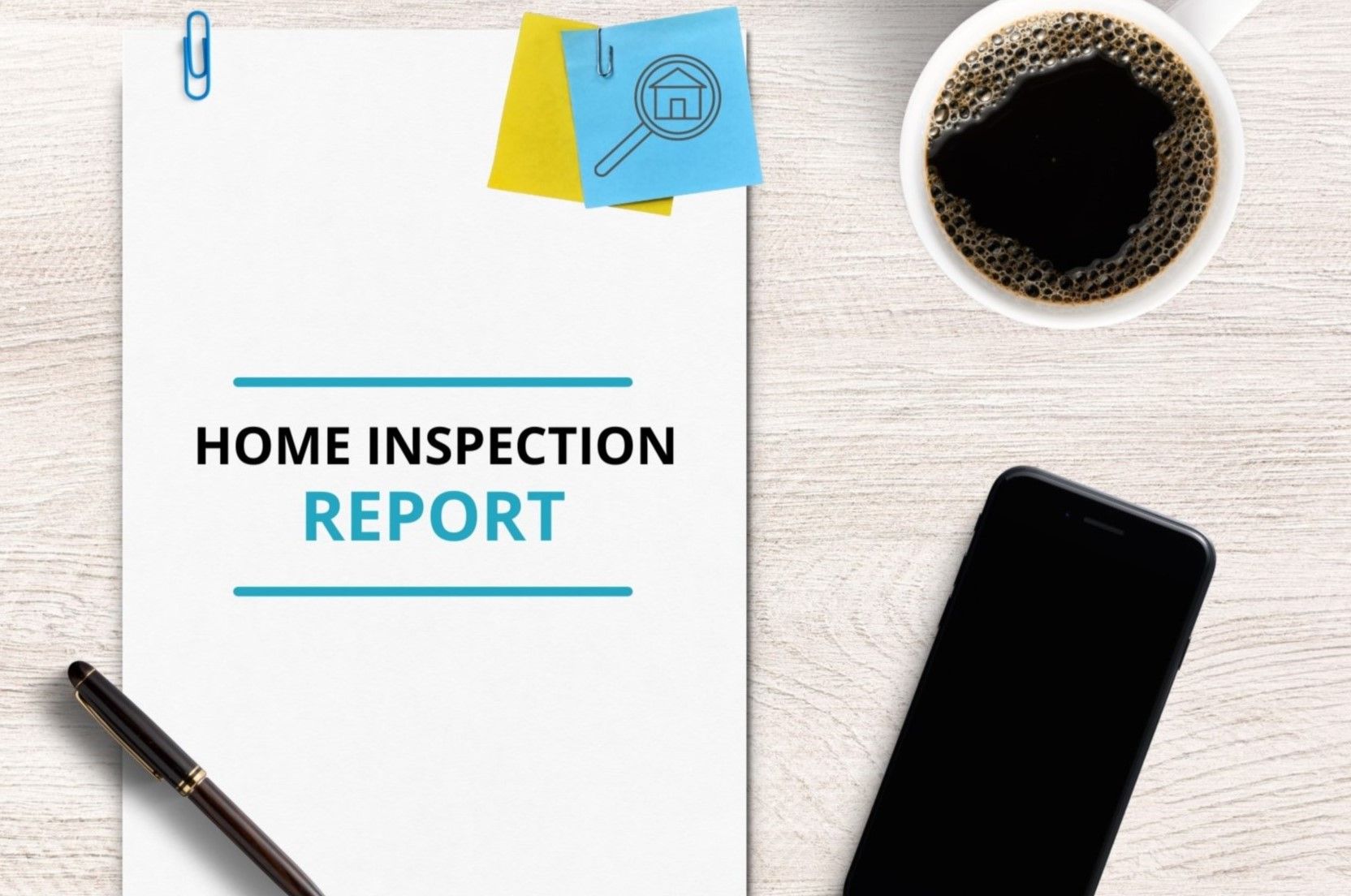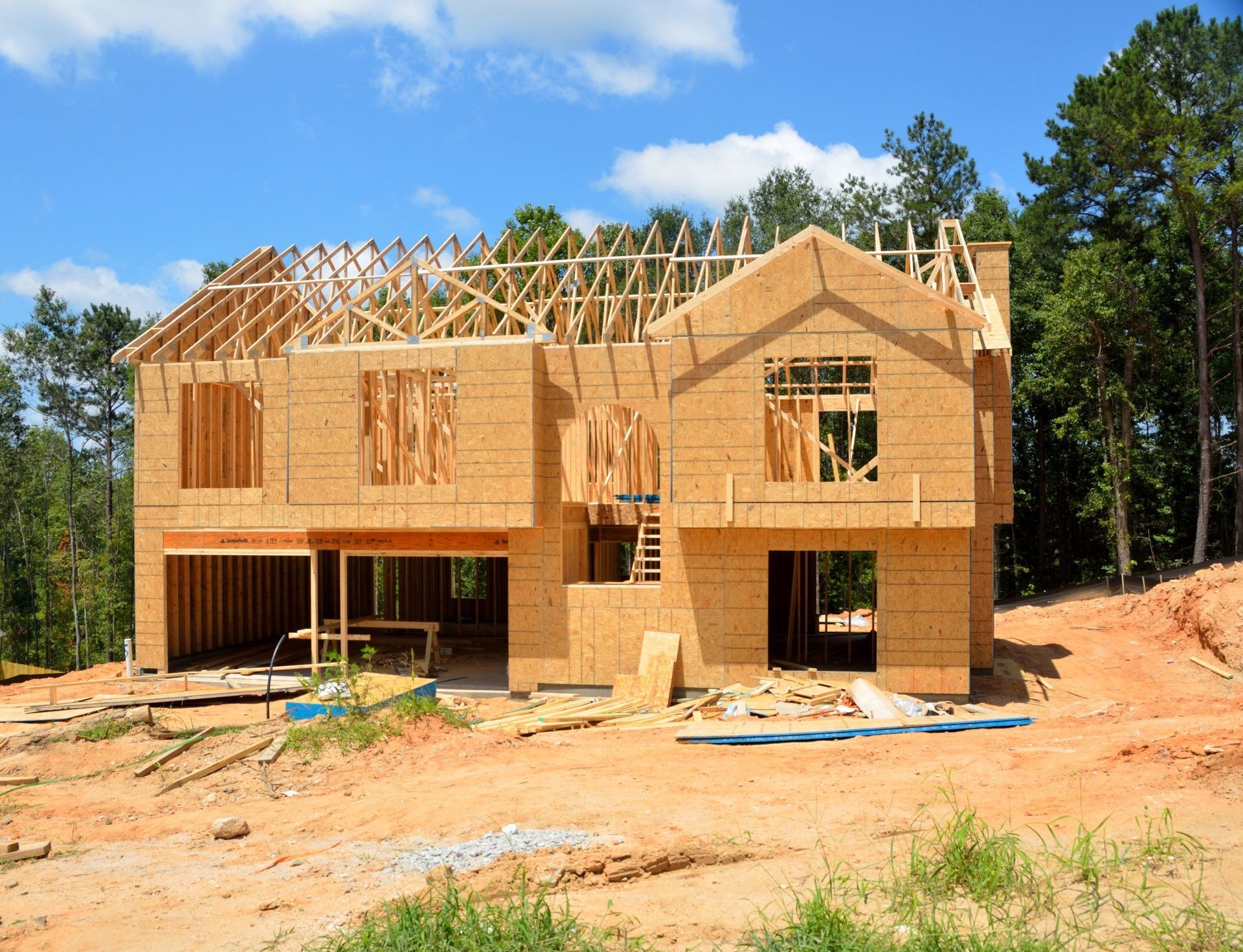Ross Nussle
June 7, 2025
Preserving Charm While Avoiding Costly Surprises
Dallas’s historic homes, found in neighborhoods like Swiss Avenue, Munger Place, and Winnetka Heights, offer timeless beauty with their Victorian, Craftsman, or Tudor-style architecture. These properties, often over a century old, attract buyers with their unique character and historical significance. However, their age and construction make thorough inspections critical to avoid unexpected repairs and ensure a sound investment. Here’s why inspections are essential when buying a historic home in Dallas.
The Appeal of Dallas’s Historic Homes
Historic homes in Dallas, built between the late 1800s and early 1900s, feature details like hand-carved woodwork, original stained glass, and ornate fireplaces. Neighborhoods such as Junius Heights and the Tenth Street Historic District showcase the city’s architectural diversity.
Yet, the same age that gives these homes their charm also introduces risks like outdated systems and structural wear, making inspections a vital step in the buying process.
Why Inspections Are Essential
- Outdated Systems
Many historic homes have electrical systems, like knob-and-tube wiring, or plumbing, such as galvanized pipes, that don’t meet modern standards. These can lead to safety hazards or inefficiencies. An inspector can identify whether rewiring or pipe replacement is needed, helping you plan for upgrades. - Foundation and Structural Issues
Dallas’s clay-heavy soil can cause foundation shifts, especially in older homes. Wooden beams or floors may also have rot or pest damage. A structural inspection ensures the home’s stability, preventing costly repairs down the line. - Hazardous Materials
Pre-1970s homes may contain lead paint or asbestos, which pose health risks if disturbed. Specialized testing during inspections can detect these materials, allowing for safe remediation planning. - Energy Inefficiency
Older homes often lack modern insulation or efficient windows, leading to high utility bills. An energy audit can pinpoint areas for improvement while respecting the home’s historic character.
Essential Inspections to Consider
- General Home Inspection: Evaluates the overall condition, including roofing, walls, and systems.
- Structural Inspection: Assesses the foundation and framework, critical in Dallas’s soil conditions.
- Electrical and Plumbing Checks: Ensures systems meet current codes and are safe.
- Environmental Testing: Identifies lead, asbestos, or mold risks.
Tips for Buyers
- Plan for Upgrades: Budget for potential repairs, like electrical or foundation work.
- Understand Restrictions: Check with the city for historic district rules before renovating.
- Explore Insurance Options: Historic homes may need tailored insurance policies.
Conclusion
Buying a historic home in Dallas is an exciting chance to own a piece of the city’s heritage, but it comes with unique challenges. Comprehensive inspections uncover hidden issues, from outdated wiring to foundation concerns, ensuring your investment is sound. By prioritizing these evaluations, you can embrace the charm of a historic home while avoiding costly surprises, making your Dallas dream home a lasting treasure.

